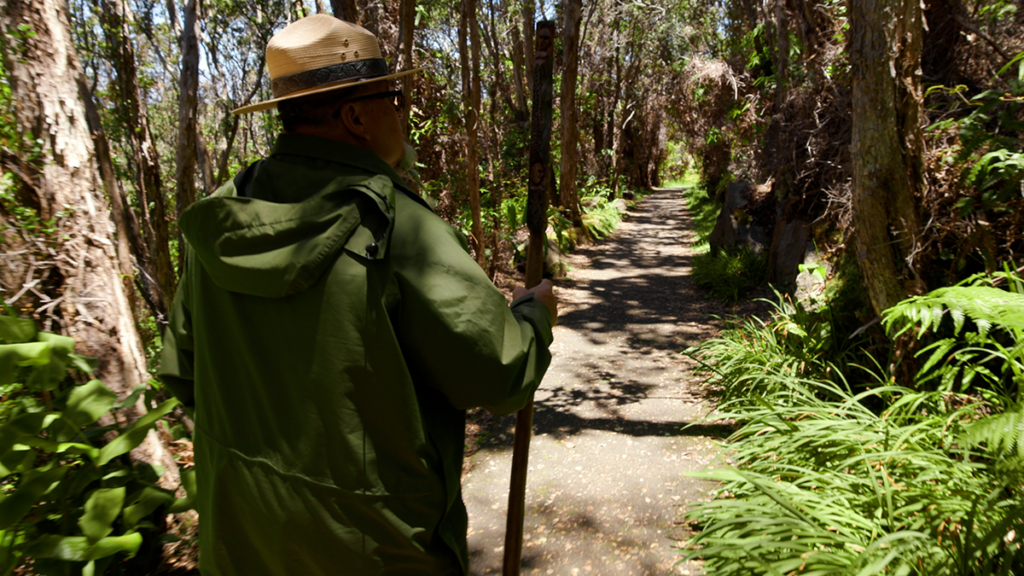Citizen’s
arrest- you’ve probably heard the expression. You’ve probably even had the urge
to slap some cuffs on that neighborhood kid with the incessantly blaring boombox.
But is this really possible? Are you legally allowed to stop a crime in progress?Yes,
you are, although arresting someone for a noise violation may be a bit much. According
to the Hawai’i Revised Statutes, section 803-3, “Anyone in the act of committing
a crime may be arrested by any person present without a warrant.” The law also
permits the use of force in the arrest, according to Jim Fulton, spokesperson
for the Honolulu city prosecutor’s office. After arresting someone, though, you
are required to promptly turn over the suspect to the police-no instant justice,
no overnight detentions. Citizens’ arrests do occur, if rarely. In 2000,
an O’ahu homeowner placed a citizens’ arrest-and a headlock-on a man he found
stealing avocados from his back yard. He got a lesson in the risks of law enforcement,
though, when the collared ne’er-do-well sicced his pitbull on the homeowner, resulting
in minor wounds before police arrived. On the upside, the avocados were successfully
protected.  | Illustration:
Mike Austin |
More common are citizens’ arrests
made by store detectives and hotel security guards, who, despite their official-looking
uniforms and shiny badges, have no more arrest authority than the rest of us.
Warren Ferreira, corporate director of security for the Outrigger Hotels, says
his security officers are authorized to arrest suspects on hotel property. “We
can’t duck [arresting someone] in a trespass situation, because we’re the front
line. We generally try to detain without physical force, and then have the police
officer make the arrest.” But most security firms shy away from arresting
suspicious characters, for fear of lawsuits. John Tavares of Star Protection Agency
Inc. says, “As security officers, our role is to deter criminal activity by our
presence, and then observe and report. We do not permit our employees to perform
citizens’ arrests. There’s too much liability.” What about Dog Chapman,
the bounty hunter who seems to be handcuffing people regularly? Like security
guards, bounty hunters and bail-enforcement agents have the same rights as average
citizens, plus a vaguely implied right of arrest under section 804-14 of the HRS,
which states that a person who has posted bail for a defendant “may at any time
discharge themselves by surrendering him to the custody of any sheriff or chief
of police or his authorized subordinate.” Arrest is not always the first
choice for bondsmen, Chapman notwithstanding. James Lindblad, owner of A-1 Bail
Bonds, says, “I wouldn’t walk across the street to pick somebody up. We tell the
indemnitor that they need to turn them in.” (For those readers lucky enough to
be ignorant of bail-bond terminology, an indemnitor posts collateral and co-signs
the bond for someone out on bail.) The Honolulu Police Department’s official
line on citizen’s arrest? No comment. Brandon Stone, HPD spokesperson, says, “If
we say anything at all about this, we tell people, hey, call 911. Be careful,
don’t get hurt.” |









